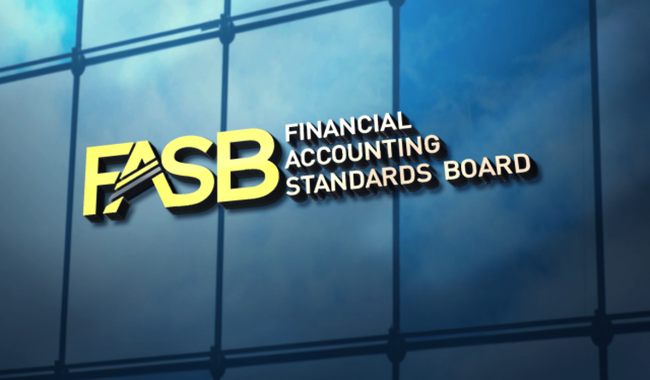Highlights:
- FASB is planning to review new guidance for crypto asset transfers in financial reporting.
- The board weighs expanding 2023 standards or creating fresh rules.
- Companies are seeking clearer reporting to reduce confusion around digital asset movements.
The US Financial Accounting Standards Board (FASB) plans to review new regulations covering crypto asset transfers. The board is set to address reporting loopholes that impact companies holding digital currencies. Several companies transfer assets between wallets, custodians, and exchanges, but cannot match traditional accounting expectations. Currently, such movements tend to pursue disjointed approaches due to a lack of official guidelines.
The board will meet on November 19 to determine whether it should include a special project on its technical agenda. The discussion incorporates the expansion of the 2023 rules or a different framework. The 2023 standard added fair-value accounting of cryptocurrencies, although it made no effort at derecognition. Many finance departments are looking at uniformity in cases where the control shifts from one party to another.
The new review comes at a time when companies are extending their digital asset activity. Corporate treasuries and service providers frequently move holdings across platforms. Therefore, the market is currently demanding clearer regulations to monitor such movements with accuracy and transparency.
The European Commission is preparing a reform that would give ESMA direct supervisory authority over crypto-asset service providers across the EU, replacing the current member-state-level oversight. A draft is expected next month and would centralize licensing and supervision…
— Wu Blockchain (@WuBlockchain) November 14, 2025
Growing Focus on Digital Asset Reporting
FASB members would like to know how businesses treat crypto when it is no longer under their direct control. Companies now apply varied definitions in deciding when an asset moves out of their books. According to several auditors, this variation makes it difficult for financial analysis. Investors also find it difficult to compare the transfer of digital holdings between firms.
As a result, two fundamental alternatives are being explored by the board. It may increase the scope of the 2023 accounting update to cover transfer rules. It might also establish a new standard that clarifies derecognition of crypto asset transfers. Some members might endorse the combined method, which uses both paths. Both options seek to guarantee that the digital asset flows are reflected consistently in the corporate filings.
This review is a continuation of another project initiated by the board. That attempt evaluates whether certain digital tokens, such as certain stablecoins, qualify as cash equivalents. Together, both issues demonstrate that the board has adopted digital assets as a new component of corporate finance.
Regulatory Momentum Builds Across Washington
There are also broader reforms being progressed by lawmakers as FASB studies transfer regulations. The Senate Agriculture Committee also published a draft that increases the CFTC supervision of digital commodities. The proposal provides the regulator with additional tools to monitor trading activity. Moreover, supporters assert that the draft would modernize federal involvement in crypto markets.
JUST IN: 🇺🇸 US Senate AG Committee releases crypto market structure draft bill. pic.twitter.com/D9wviMyn3E
— Watcher.Guru (@WatcherGuru) November 10, 2025
In a similar initiative, Representative Ro Khanna proposes a resolution that restricts trading by elected officials. His proposal limits members of Congress and the president from trading cryptocurrencies and stocks. Additionally, he argues that the measure enhances trust and reduces conflicts of interest.
Best Crypto Exchange
- Over 90 top cryptos to trade
- Regulated by top-tier entities
- User-friendly trading app
- 30+ million users
eToro is a multi-asset investment platform. The value of your investments may go up or down. Your capital is at risk. Don’t invest unless you’re prepared to lose all the money you invest. This is a high-risk investment, and you should not expect to be protected if something goes wrong.






